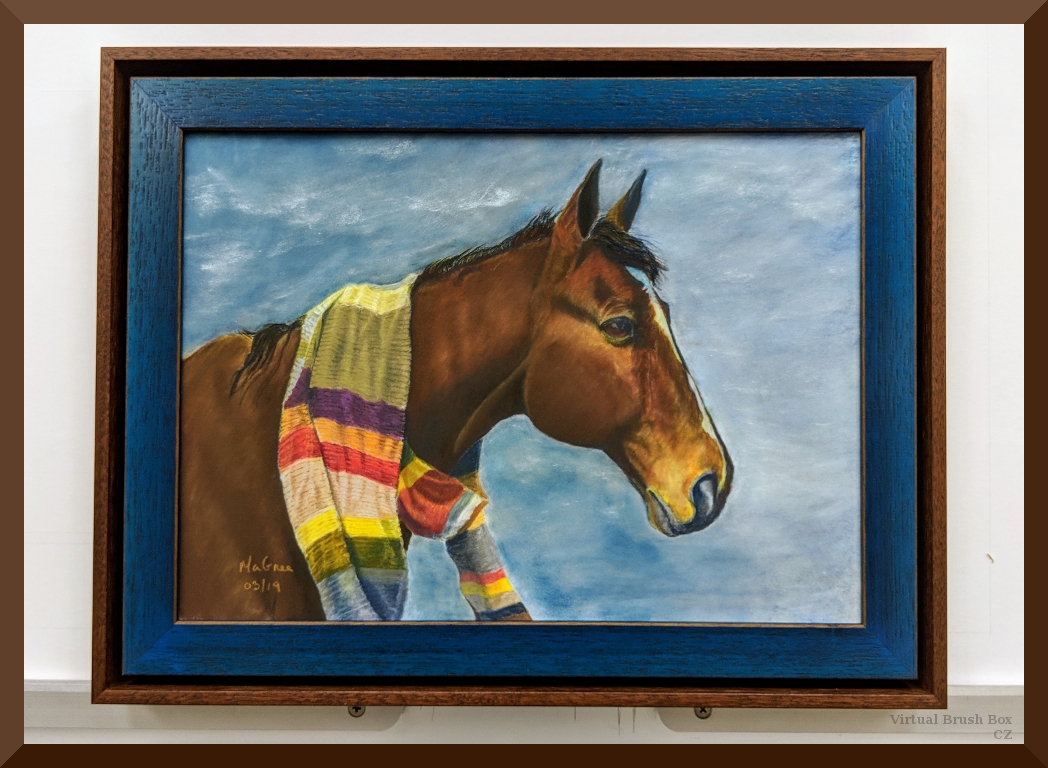And the word of the week is…
la Sécheresse
Drought.
Reillanne has a big problem with water shortages this year. By the middle of July, water levels were down to where they normally are by the end of August. Our neighbouring village, Lincel, has no water at all, and we have yet to hit the busiest part of the tourist season. Reillanne apparently needs to cut it’s water consumption by 50% in order to have any chance of the supply lasting through to the Autumn, when hopefully it will rain! Frankly, I don’t see that happening, which means that, at the very least, the Mairie will start shutting the water off at certain times of the day and, at worst, we will end up with tankers delivering water to the village. The last time this happened was in 1989. These conditions are exceptional.

At the horse farm, we have a mix of automatic drinkers and large troughs. The water comes from two enormous cisterns, which are filled by a combination of a bore-hole and rainwater, which has been non-existent for at least three months now. Water is piped directly to the automatic drinkers (which are a really super-duper insulated non-freeze type, brilliant in the winter) but it gets delivered to the troughs by Yours Truly and Le Patrol.

Le (Nissan) Patrol, adapted as a tanker. I deliver about 2000 litres per week to thirsty horses with this.
Every morning, Georges climbs up the ladder to the top of the huge cisterns (rather him than me!) and checks the water level anxiously. It stayed constant for ages, but then it slowly, slowly began to drop, one or two centimetres per day. Today, it had dropped by a good 50cm – about a foot and a half. That’s it. The bore-hole has dried up. Once we finish the water in the tanks, all of the horses’ water will have to be brought up the hill by tanker. With twenty horses on-site and temperatures in the mid-thirties (mid-nineties Fahrenheit), that’s a lot of water. And it can’t be drawn from the public water supply in the village; it will have to be taken from an agricultural source.
So la sécheresse is now part of my everyday vocabulary.
This is not something I ever had to worry about in Ireland!



